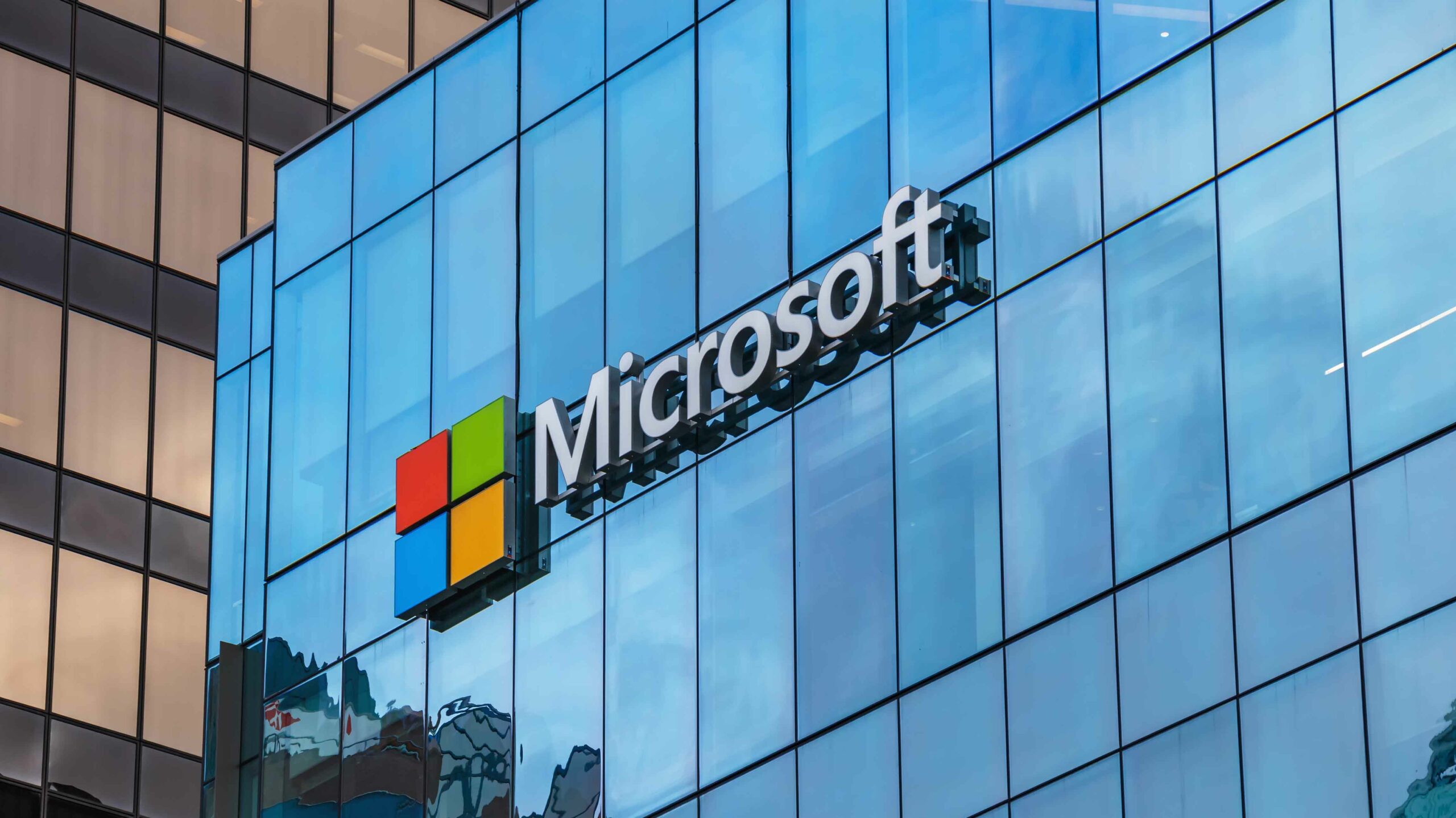
Microsoft is reportedly considering going nuclear to power its energy-hungry artificial intelligence (AI) offerings.
As spotted by CNBC, Microsoft uploaded a job posting for a program manager on ‘Nuclear Technology.’ Specifically, the posting mentions the “integration of SMR and microreactors to power the datacenters that the Microsoft Cloud and AI reside on.”
SMRs stands for Small Modular Reactors, which are a class of reactors that are smaller versions of full-on nuclear plants with reduced power capacity. SMRs could be constructed in one place and transported to where they’re needed and have a lot of promise, as well as drawbacks, as a potential clean energy source. Check out The Narwhal’s excellent reporting on SMRs in Canada for more on the technology.
So, here’s the deal with Microsoft. The company has rapidly proliferated generative AI features built off OpenAI’s models. Many of Microsoft’s software offerings for consumers and businesses now offer some sort of AI feature, from Bing Chat in the Edge browser to the newly launched Copilot rolling out to all Windows 11 PCs now. However, these AI features rely on tons of computing power, which comes from the company’s datacenters. All that compute power needs a ton of energy and water.
To meet the growing power demand, then, Microsoft seems to be turning to nuclear. Which, to be fair, is better than burning fossil fuels, but there are still plenty of reasonable concerns around SMRs. And it isn’t just SMRs — Microsoft also signed a power purchase agreement with Helion in May. Helion is a nuclear fusion startup (which differs from SMRs, as they still use fission to generate power). Nuclear fusion has seen recent advances but is still likely a long way off from becoming a major energy source.
As more companies try to catch up to Microsoft on AI — and as Microsoft tries to keep its lead in the field — we’ll likely see more companies dabble in nuclear and other power generation to feed energy to power-hungry AI models. And as the models grow, so will their power needs.
Header image credit: Microsoft
MobileSyrup may earn a commission from purchases made via our links, which helps fund the journalism we provide free on our website. These links do not influence our editorial content. Support us here.


